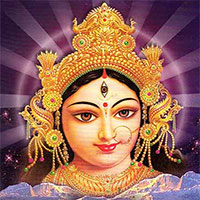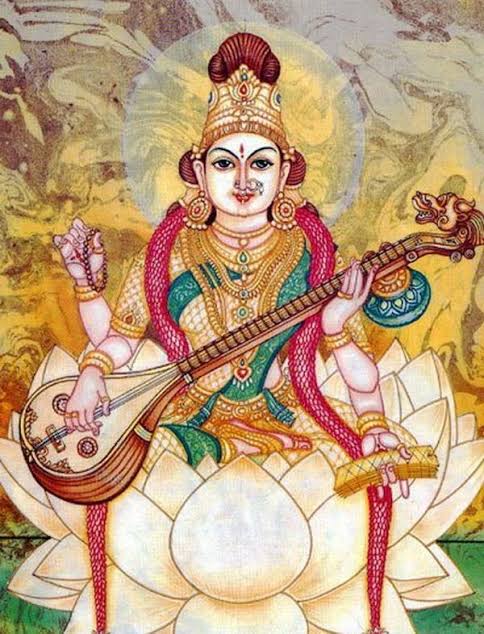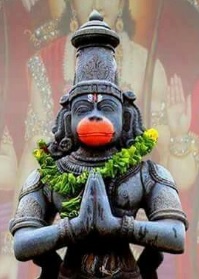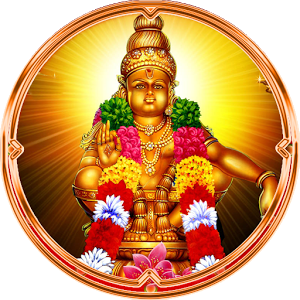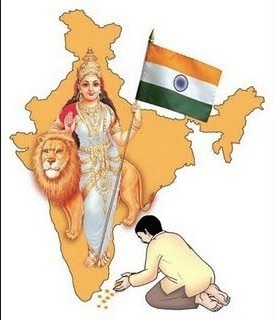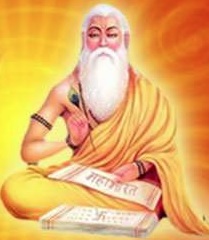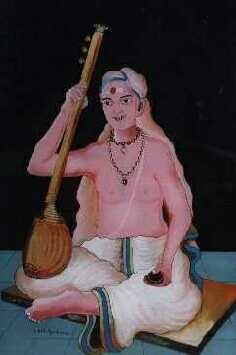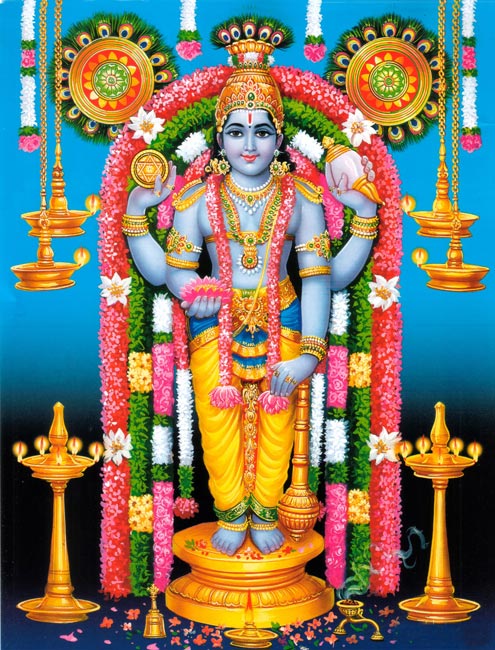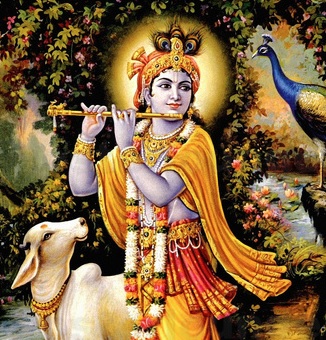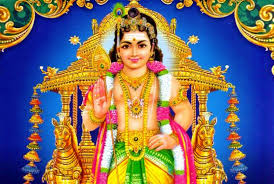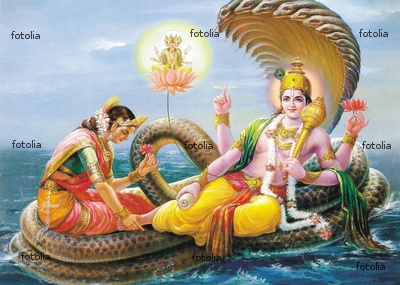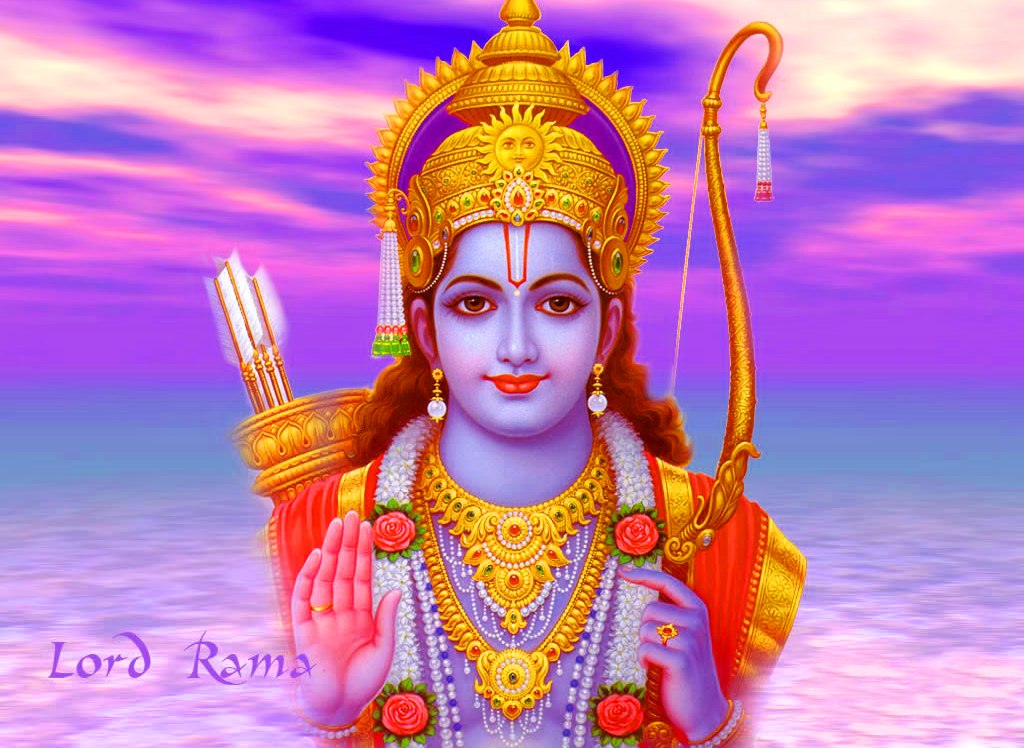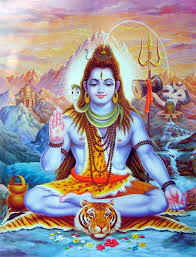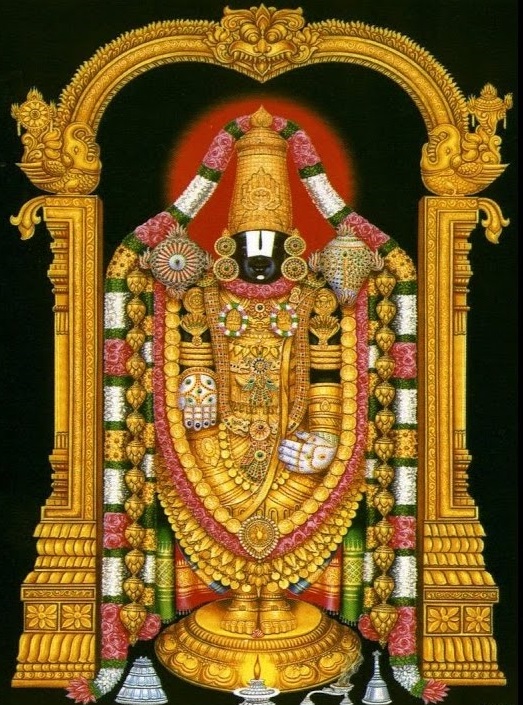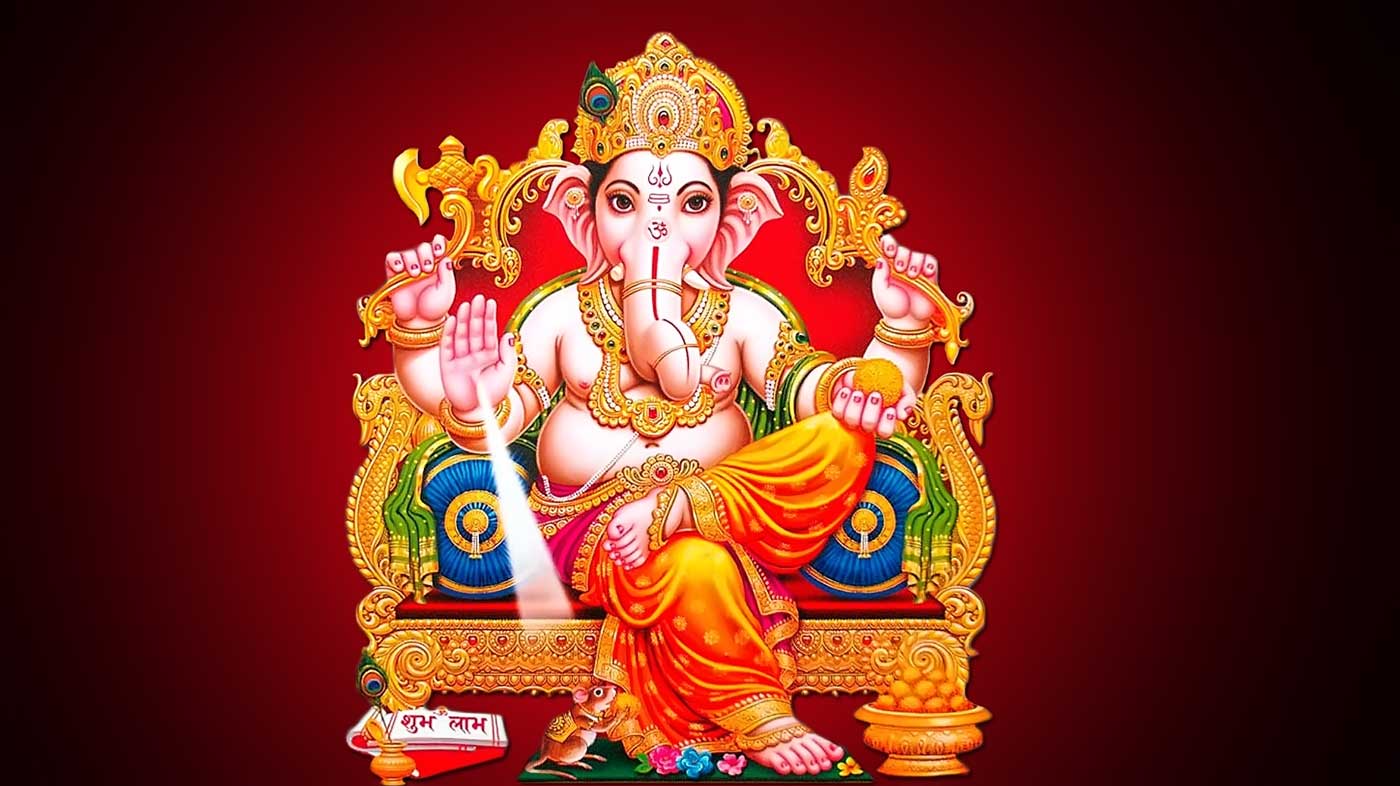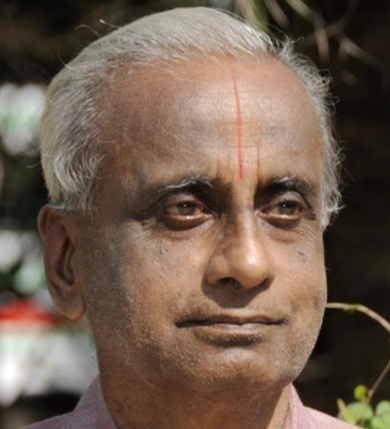
COMPOSER Nadopasana Srinivasan |
|
|||||||||||||
|
Srinivasan was known in his intimate circles as Chellappa. Born on November 26, 1934, he graduated in science from Vivekananda College, Mylapore, Chennai and like many of his age joined the Accountant General’s Office. But having been a student of Science, he felt like a fish out of water in the complex myriad world of figures and accounts. Pouring over accounts algorithms and attempting to tally un-tallying balance sheets were not his cup of tea. Within a year, he bade farewell to Accounts and joined Parke-Davis, an English firm of repute. His knowledge of science (chemistry) was an asset to his job in the pharma firm. He, at the young age of 28-29, was the cynosure of the firm and recipient of ‘performance award’ year after year. The award was, for example, in terms of a short holiday in Kashmir, for which he was allowed to travel by air in the then novel ‘Caravelle’ aircraft. In those days, we deemed it our fortune, if we could spot a ‘Caravelle’ take off, but Srinivasan was on it! He had seven siblings, three brothers and four sisters. All of them constituted a role model as to how siblings could and should bond. They stood together through thick and thin and even when their parents having left them early they had the comforting thought that Srinivasan would tend his co-borns. And indeed, Srinivasan was a fitting substitute for his parents towards his brothers and sisters. He decided to remain single to dedicate himself as per his parents’ wish to nurture them and look after their welfare and future. He did not want to be pegged to a family life, which could develop into a conflict of interest vis-à-vis his commitment to his brothers and sisters. Yet another dimension of his character fortified his resolve to be single. He had a passion for Carnatic music that would match his love for his siblings. Carnatic music was like a fifth sister. He established a Music Sabha christened ‘Nadopasana’ in 1968. Around that time, there were not many sabhas in Chennai; Music academy, Indian Fine Arts and Tamil Isai Sangam were torch bearers for Carnatic music and All India Radio broadcast their programmes. Nadopasana was the only other sabha which enjoyed AIR’s patronage. Srinivasan felt, rightly in retrospect, that he could handle two assignments in tandem, the Pharma firm and promotion of music. Delicately, he maintained a balance doing justice to both. He believed in Albert Einstein’s advice: “Life is like riding a bicycle. To keep your balance you must keep moving”. But time constraints and logistical concerns were constantly upsetting the balance. Thirteen years after Nadopasana was established, he decided against riding two horses. In 1981, he gave up his senior position in Parke-Davis and took voluntary retirement. Financially, this was a painful blow but his passion for music mitigated his pain. He would live a simple life cutting corners to lead a parsimonious routine. Thereon, he devoted his energies towards promotion of music and encouragement of young promising artists. The trigger for Srinivasan to establish Nadopasana was in his own words: “At that time the craze in the city was for drama and dance. Carnatic music was there only during the December season. Then again while the seniors got opportunities, the sub-juniors and juniors, who are the present day seniors, did not get ample chances. That was the main cause for the birth of Nadopasana”.
While many senior and top artists had rendered concerts for Nadopasana, Srinivasan was particular, almost obsessive with fielding young aspiring artists and up-and-coming musicians. Srinivasan emotionally used to comment that he was not just sympathetic to the young artists but empathetic. His knowledge of Carnatic music was enviable. He would name the Raga and Thala as soon as the first sound vibe escaped the throat of the singer. Many may be unaware that he was a good composer as well. Once on a visit to Tirumala, I egged him on to compose a song on Lord Venkateswara naming the seven hills in the process. He did spontaneously but insisted that his composed kritis should not be forced on any musician to sing. That was his depth of humility. He was not wedded to tradition in Carnatic Music in the narrow sense of the term. Chennai is uniquely catholic in embracing tradition and modernity, following T.S. Eliot’s observation that “the past should be altered by the present as much as the present is directed by the past.” Srinivasan fully imbibed this ethos of Chennai. In believing in this ethos, he was on the same page with Veena Balachander, vocalists, Sankaranarayanan, MLV, DK Jayaraman, Mani Krishnaswami, violinists M.S. Gopalakrishnan and T.N. Krishnan and many more, all of whom intelligently blended modernity with tradition without losing the essence and fragrance of the latter. One could perhaps style this blend as cultural smorgasbord.
|
||||||||||||||





